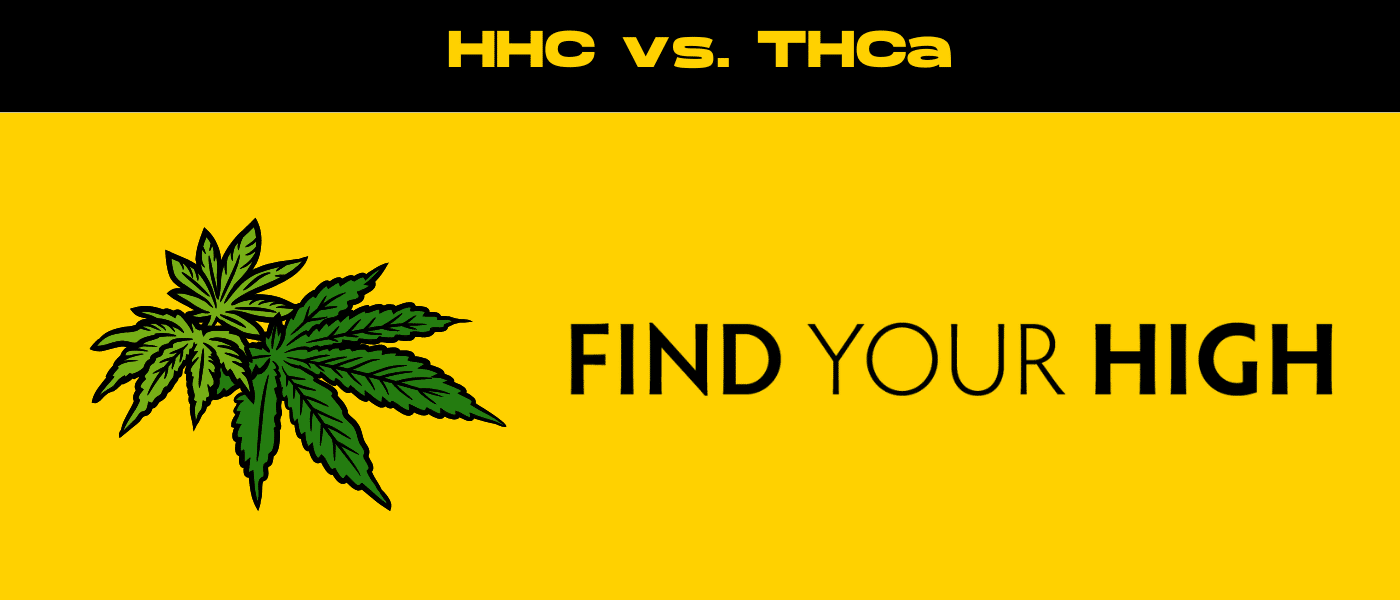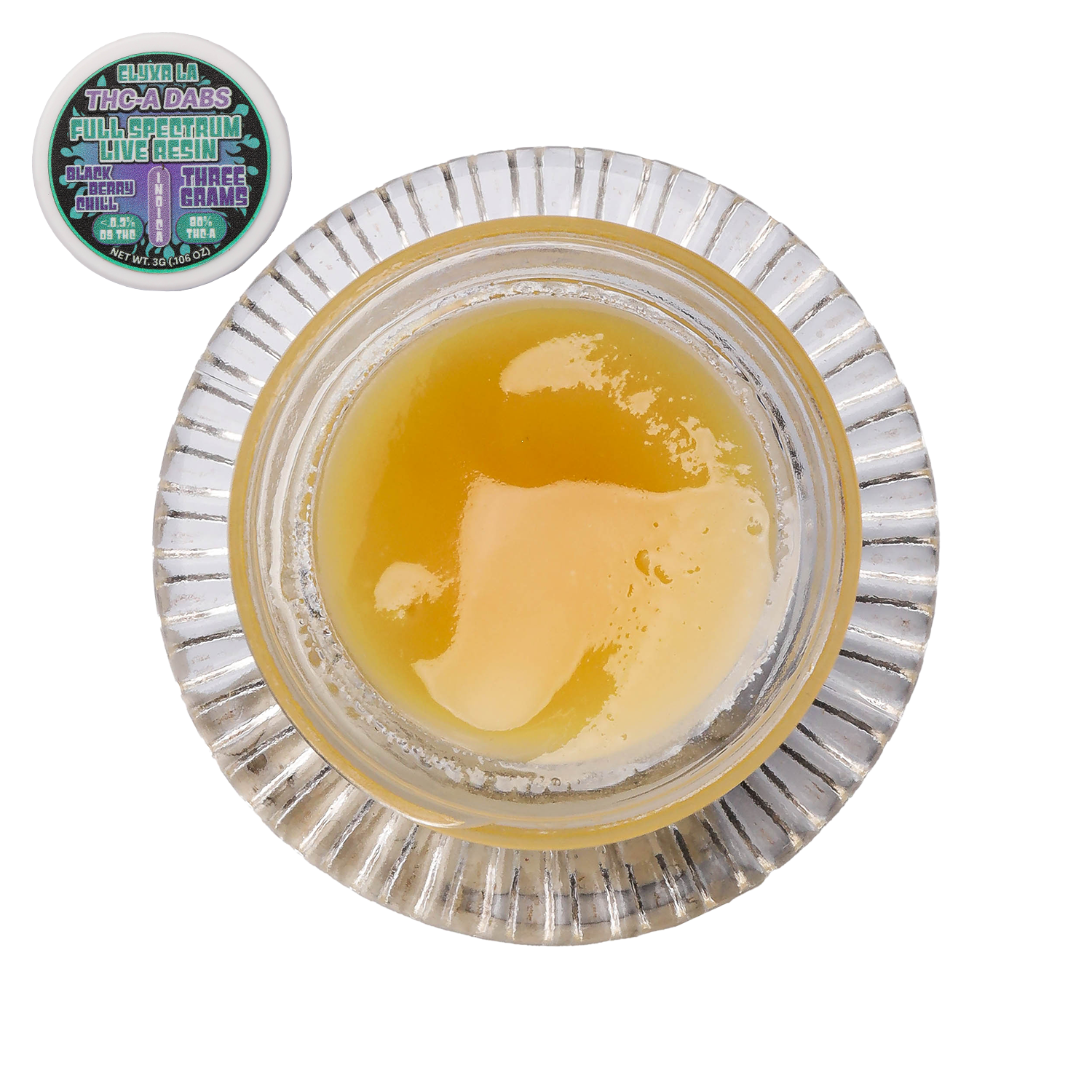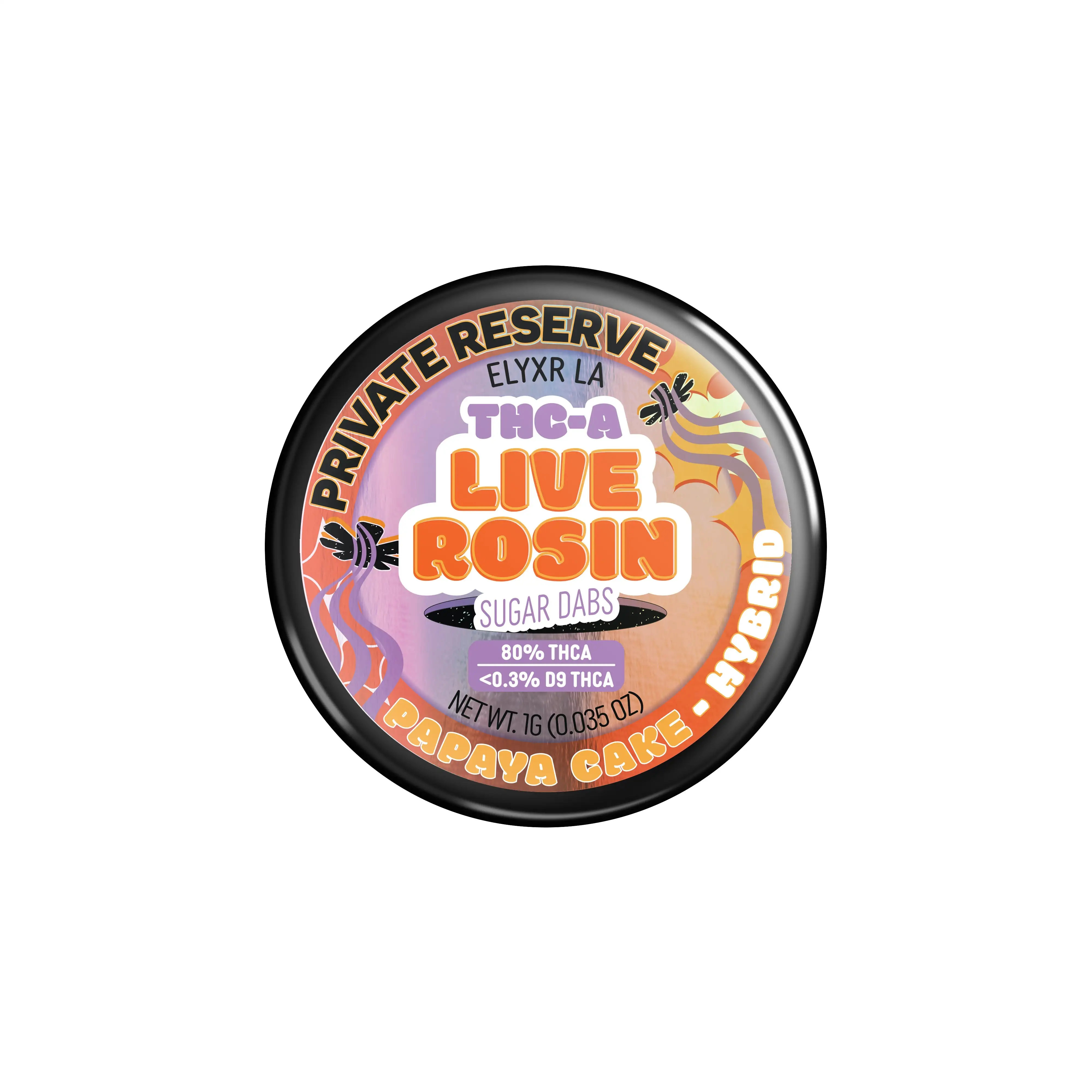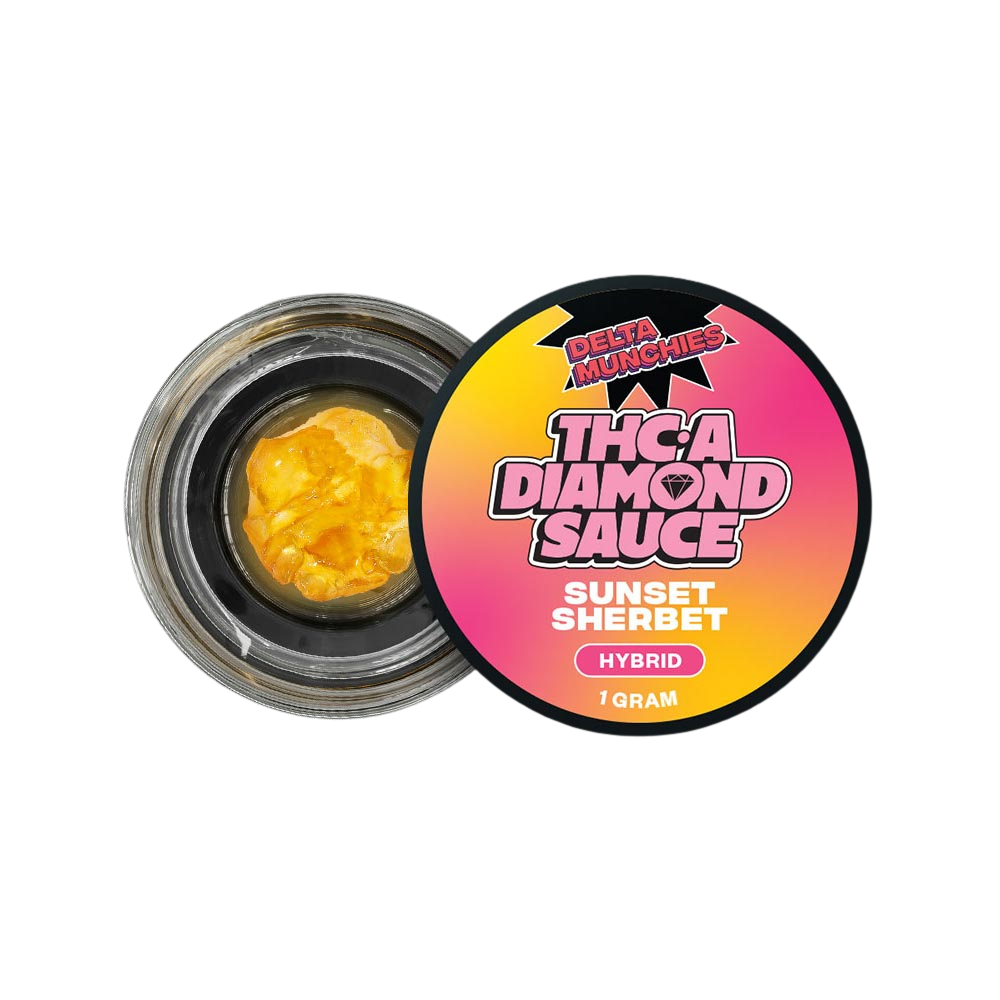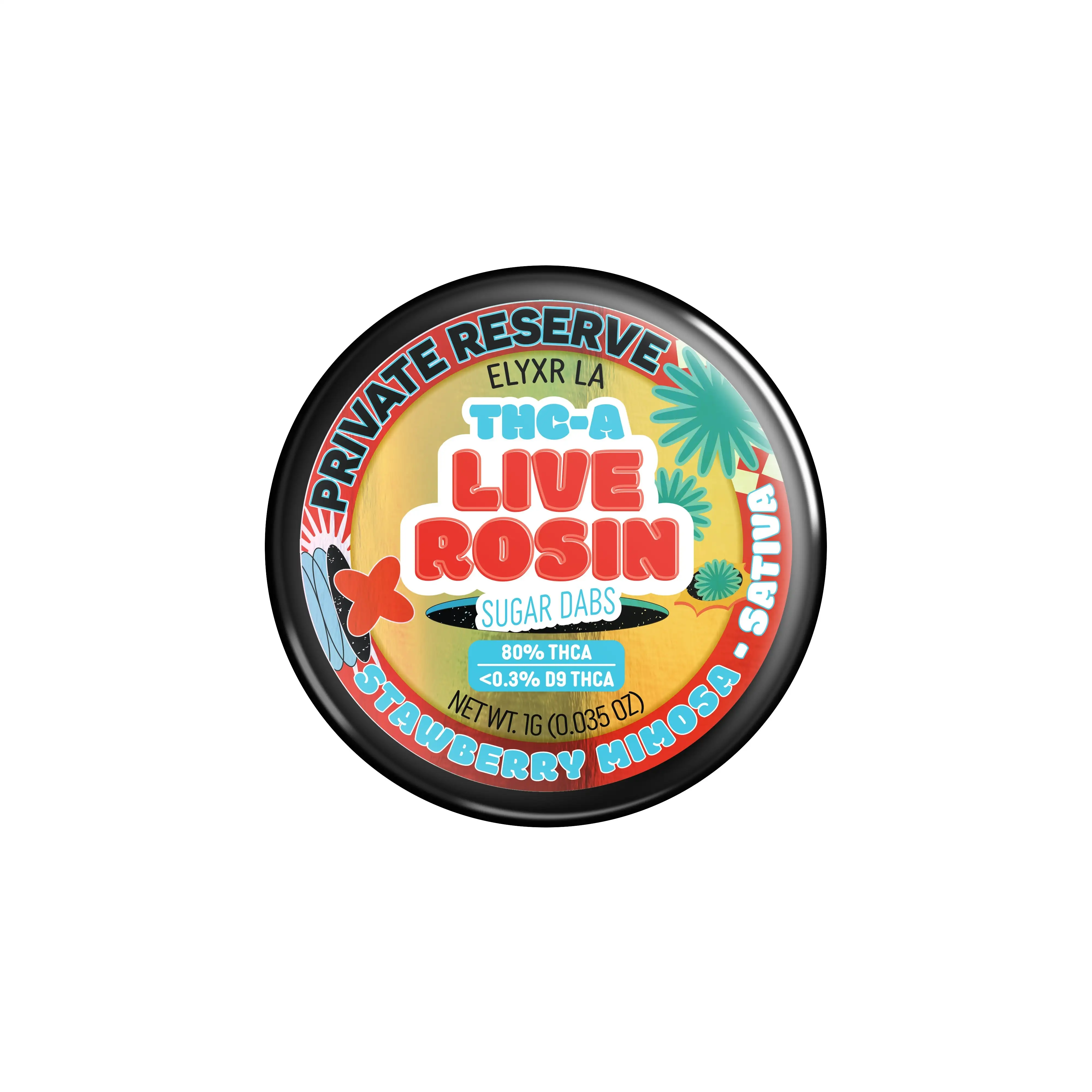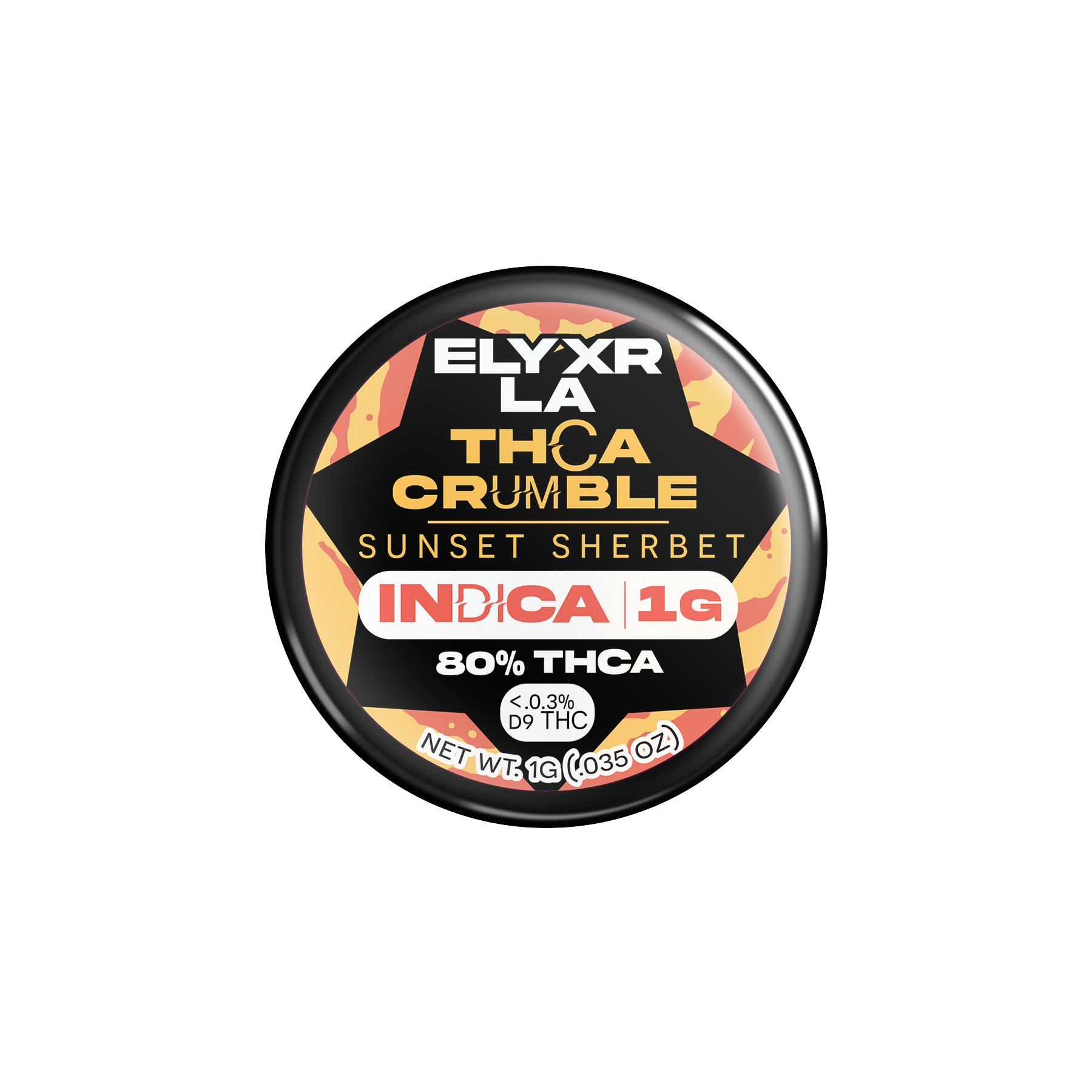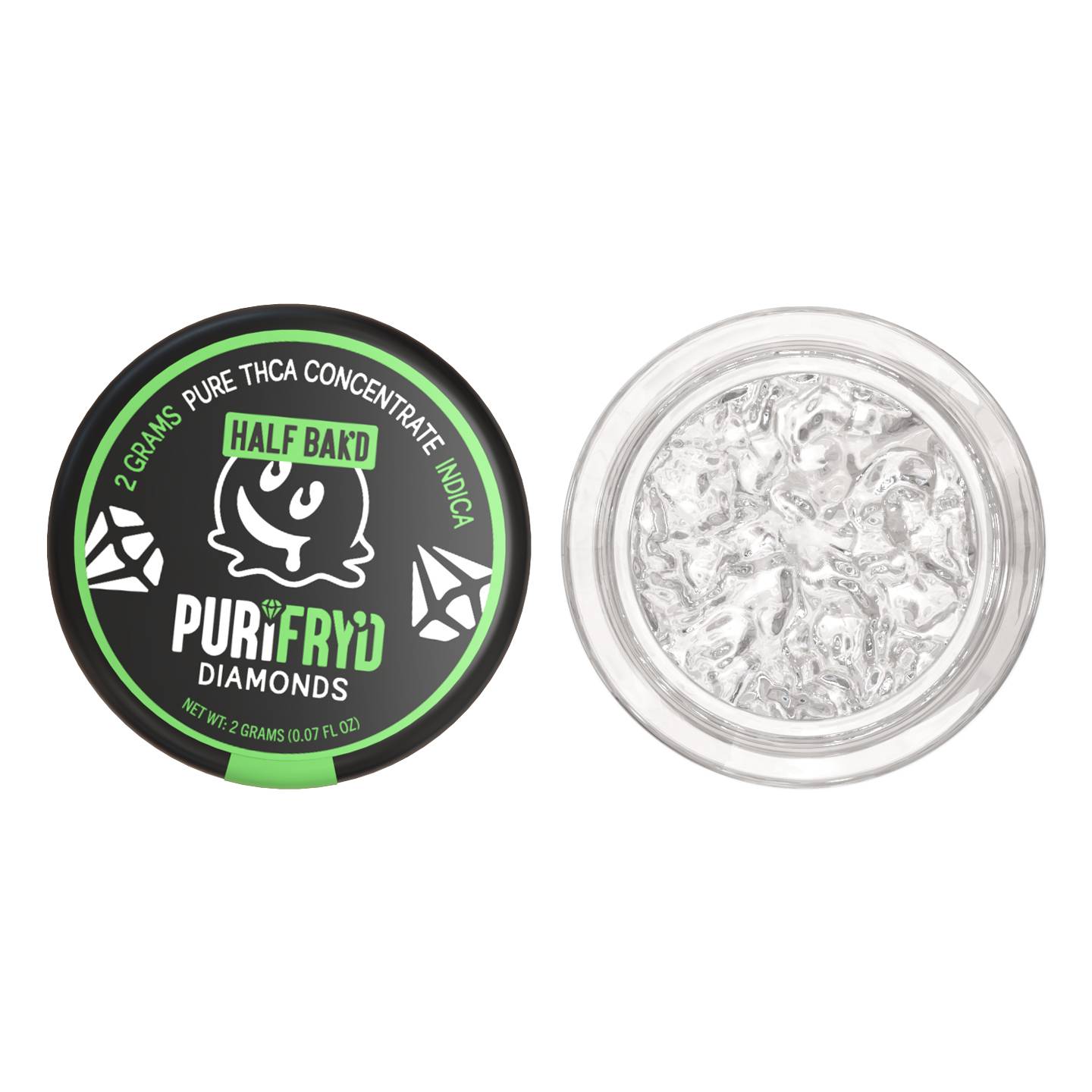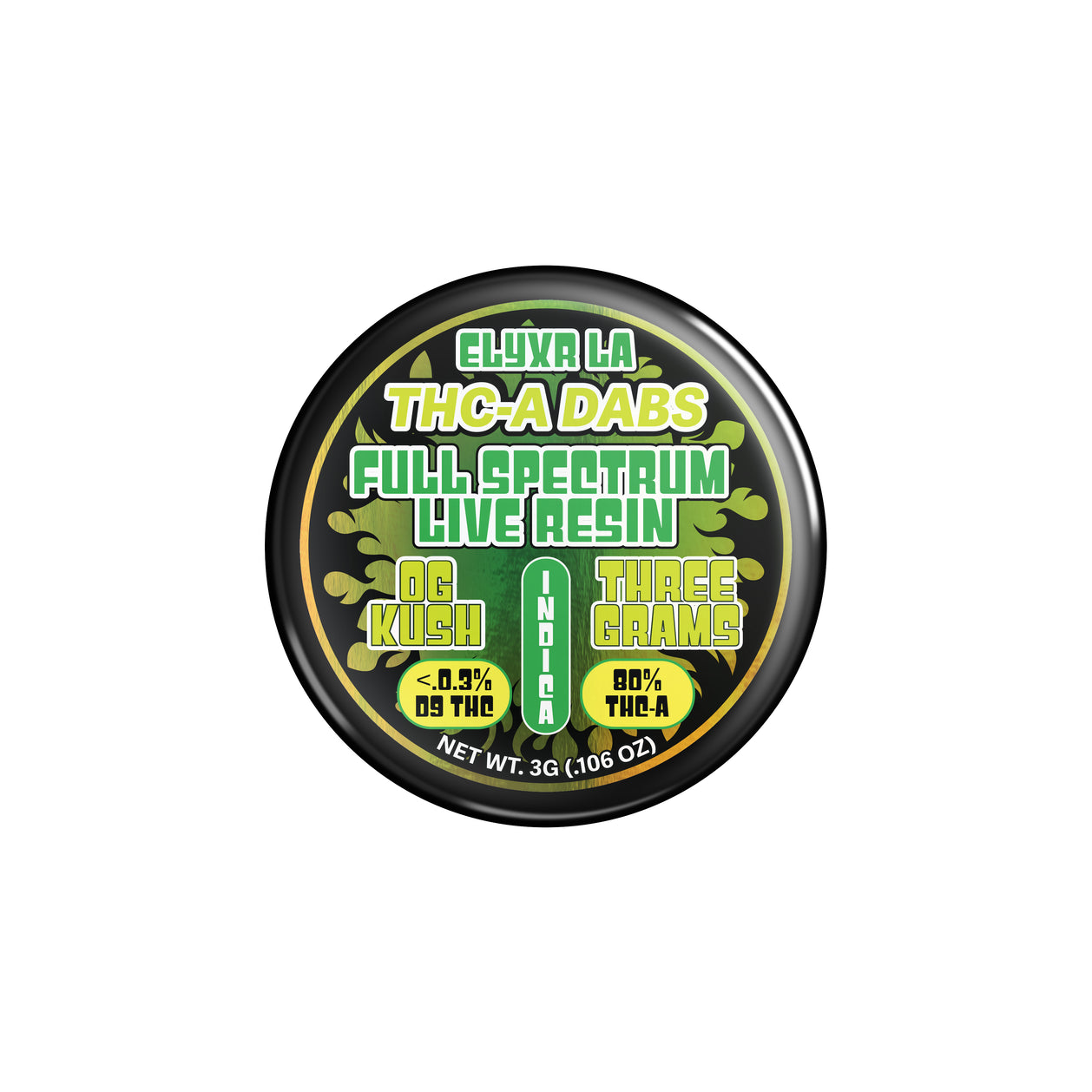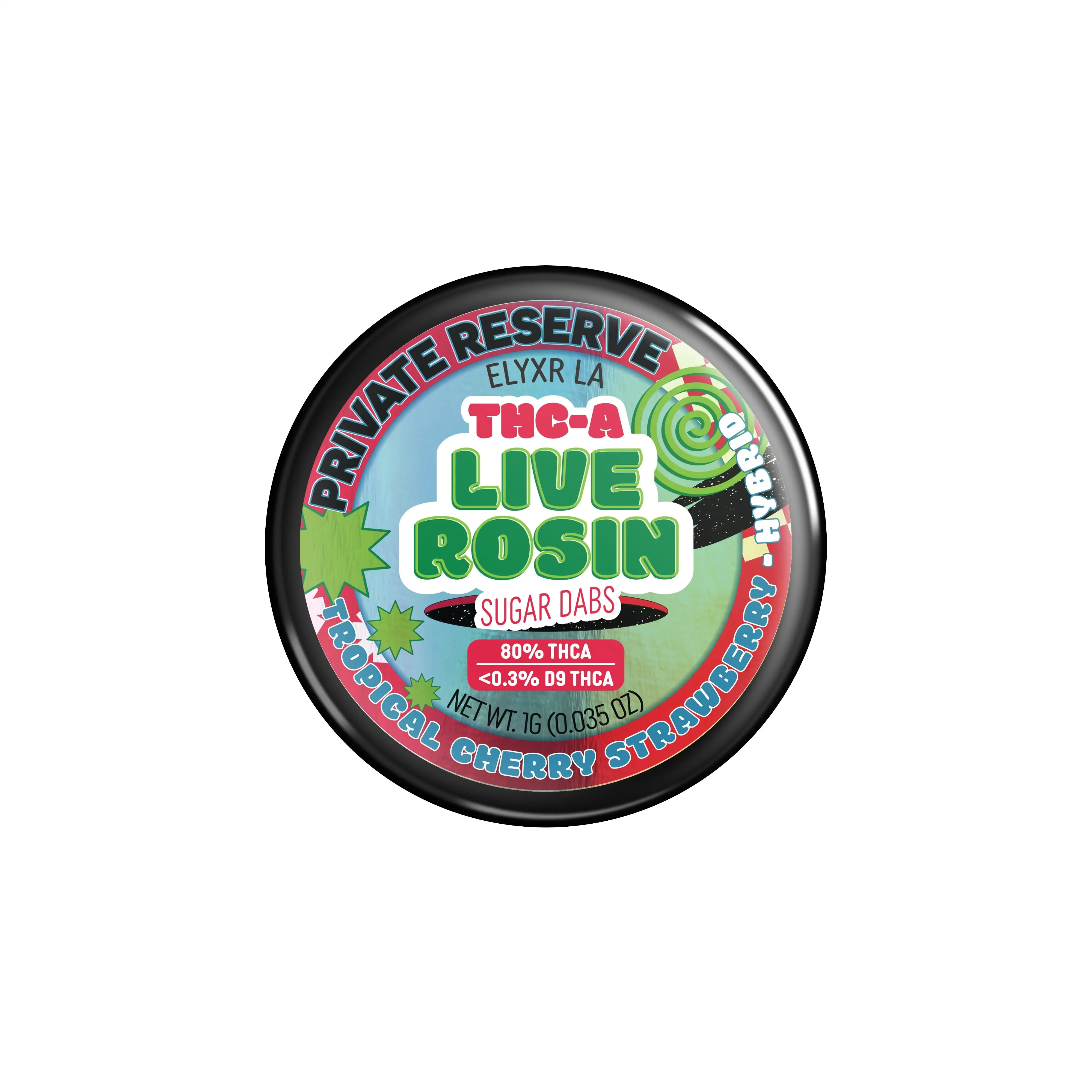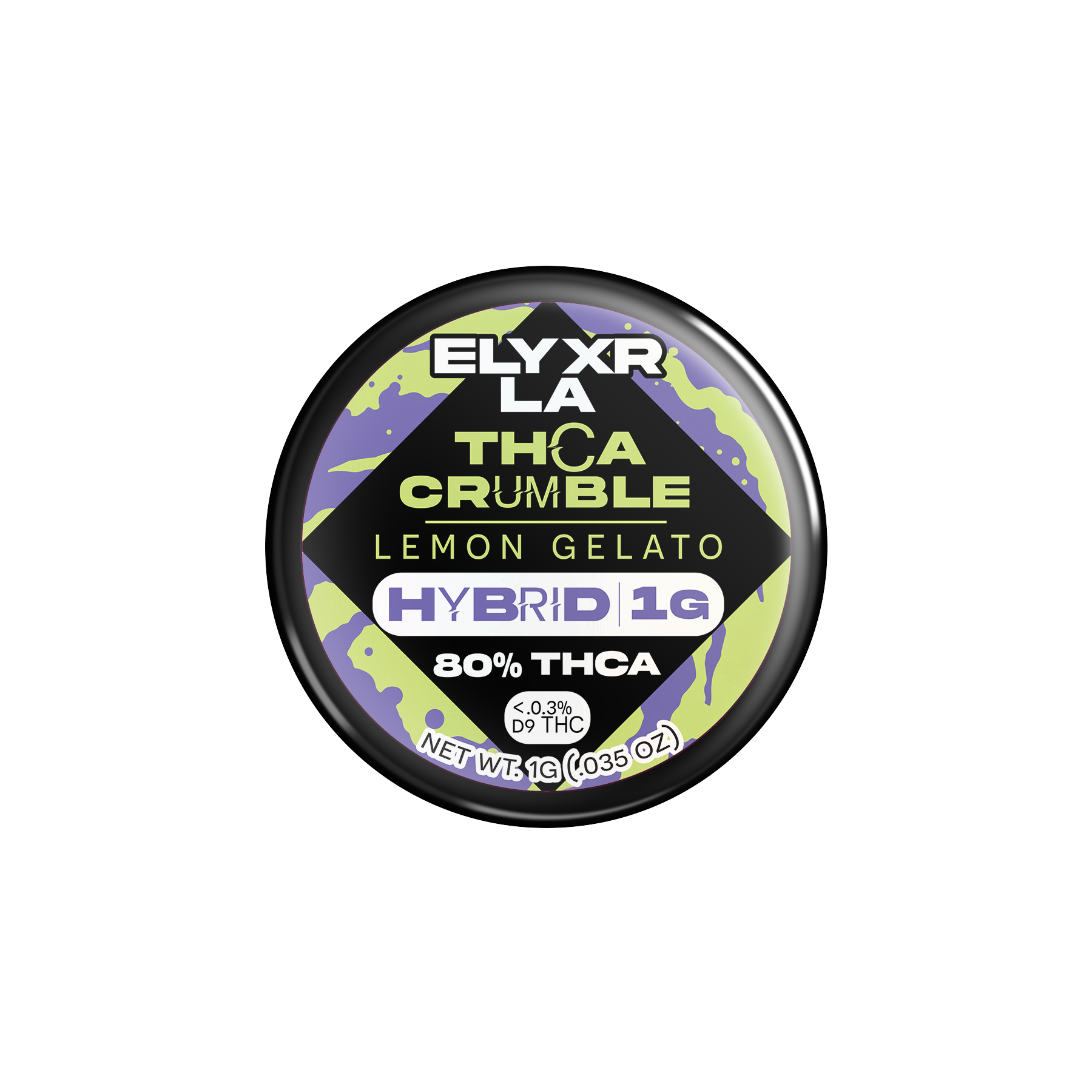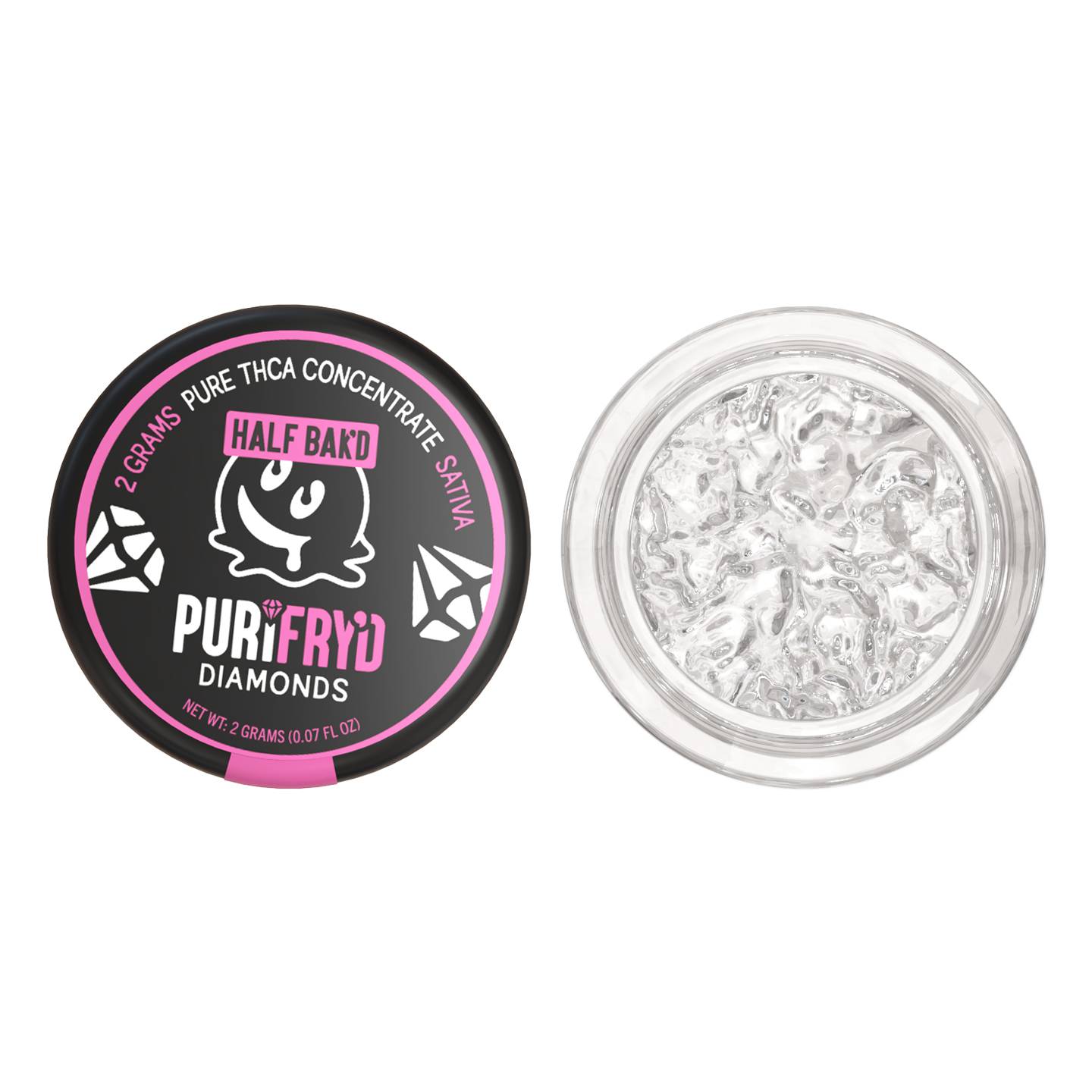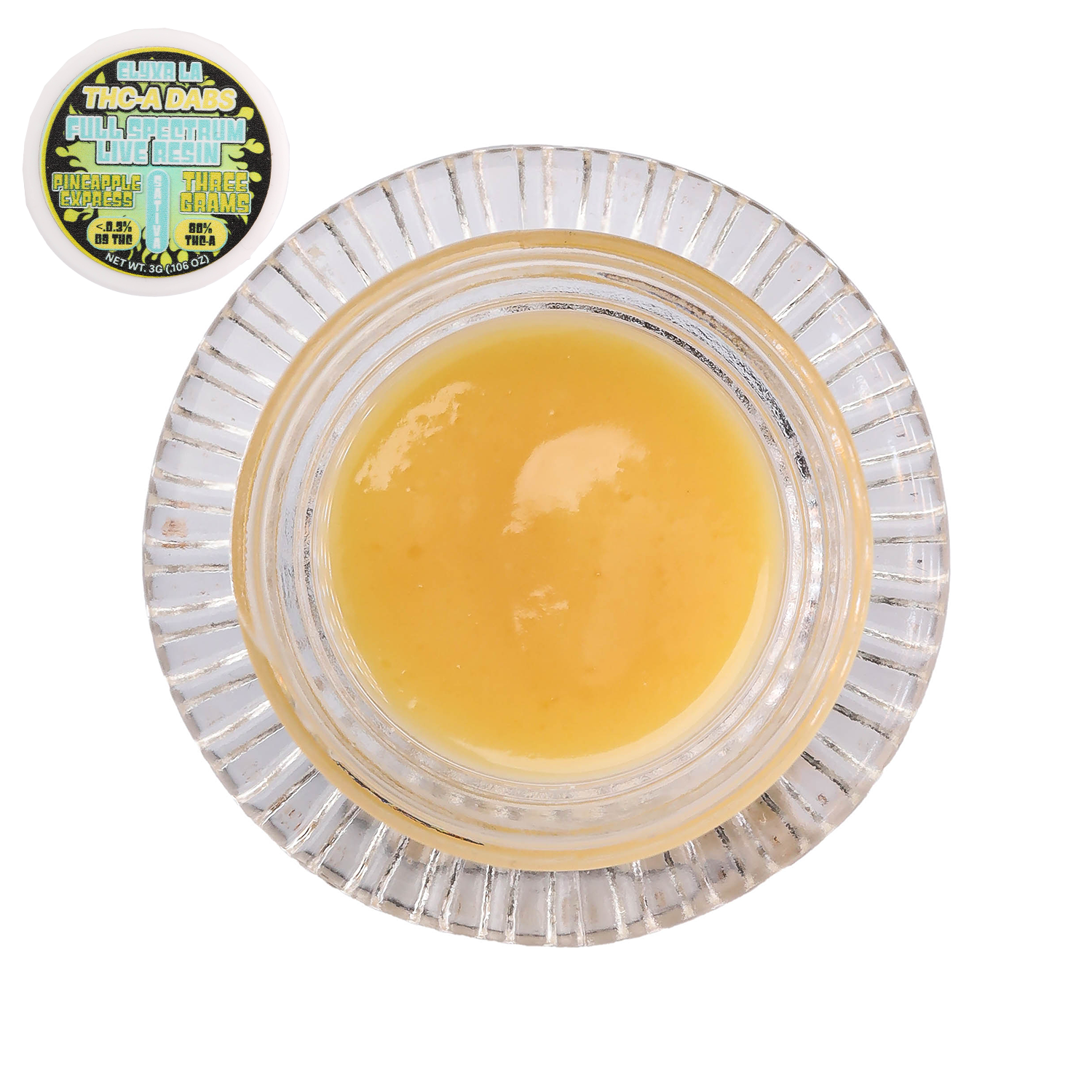In the ever-expanding world of cannabinoids, THC and CBD are just the tip of the iceberg. As more cannabis compounds make their way into the mainstream, two in particular have started gaining serious attention: HHC (Hexahydrocannabinol) and THCa (Tetrahydrocannabinolic acid). While they might sound similar, these two cannabinoids are quite different in how they behave, how they make you feel, and how the law treats them.
Whether you’re a seasoned enthusiast or just dipping your toes into the cannabis pool, understanding the differences between HHC and THCa can help you make smarter, safer, and more enjoyable decisions. From chemical structure and psychoactive effects to legality and medical potential, we’re breaking down everything you need to know about HHC vs THCa.
What is HHC?
HHC, short for Hexahydrocannabinol, is a hydrogenated form of THC. While it’s found in trace amounts naturally in the cannabis plant, most of the HHC on the market today is synthesized from hemp-derived cannabinoids through a hydrogenation process. This chemical modification involves adding hydrogen atoms to THC, which slightly alters its molecular structure and psychoactive effects.
HHC is often compared to Delta 8 or Delta 9 THC due to its psychoactive nature, but it’s typically described as producing a smoother, less intense high. It has become popular in states where traditional THC is restricted because it’s derived from legal hemp and often considered compliant under the 2018 Farm Bill—though more on legality later.
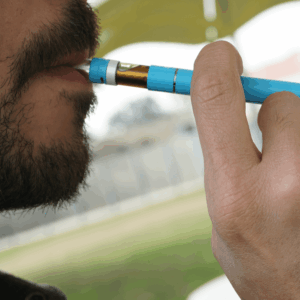
What is THCa?
THCa, or Tetrahydrocannabinolic acid, is the raw, non-psychoactive precursor to THC. It is a naturally occurring cannabinoid. It’s found in abundance in freshly harvested cannabis flower before the cannabis plant is heated or aged. THCa itself doesn’t produce a high, but when exposed to heat—like when you smoke, vape, or bake it—it converts into a Delta 9 THC molecule through a process called decarboxylation.
Because of this conversion, THCa-rich products walk a fine legal line. Technically, as long as they contain less than 0.3% Delta 9 THC, they’re federally legal if derived from hemp. However, when heated, they produce effects almost identical to regular cannabis products, making them especially appealing in restrictive markets.
Chemical Structure and Differences
Structurally, HHC and THCa are miles apart. HHC is a hydrogenated derivative of THC, meaning its structure has been altered by adding hydrogen atoms. This makes it more stable and resistant to degradation, potentially giving it a longer shelf life compared to other cannabinoids.
THCa, on the other hand, has a carboxylic acid group attached to its molecular structure, which makes it non-psychoactive. When this acid group is removed through heat, it transforms into the familiar Delta 9 THC. The major difference lies in their interaction with your body: HHC binds directly to CB1 receptors to produce mild psychoactive effects, while THCa does not activate these receptors until it’s converted into THC.
Are HHC and THCa Psychoactive?
Here’s where things really start to diverge. HHC is psychoactive, albeit mildly. Most users report that it produces effects similar to Delta 8 or a lighter version of Delta 9, including euphoria, mood elevation, and mild body relaxation. It’s known for being less intense, which makes it a good option for people who want to avoid the heavy high that can come from stronger cannabinoids.
THCa, however, is not psychoactive in its raw form. You could eat a THCa-rich bud and feel absolutely nothing in terms of a high. That said, once it’s heated, it becomes Delta 9 THC—which is very psychoactive. So, the psychoactivity of THCa is more about how it’s consumed than what it is in its natural state.
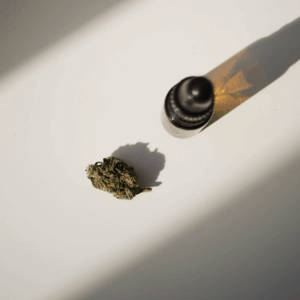
Effects of HHC
The effects of HHC are generally described as somewhere between Delta 8 and Delta 9 THC. Users typically report a feeling of euphoria, relaxation, and mental clarity without the anxiety or paranoia sometimes associated with stronger cannabinoids.
Some people find HHC helpful for winding down after a long day, improving mood, or relieving minor aches and discomforts. It’s also praised for providing a functional high, meaning it’s easier to stay focused and alert compared to a heavier Delta 9 experience. The onset of effects can vary depending on consumption method, but with inhalation, most people feel the effects within 15 to 30 minutes, and they can last between 2 to 4 hours.
Effects of THCa
When consumed raw, THCa is non-intoxicating but still offers potential therapeutic benefits. It’s believed to have anti-inflammatory, anti-proliferative, neuroprotective, and anti-nausea psychoactive properties. That makes it appealing to users who want the medicinal benefits of cannabis without the high.
When heated, THCa becomes THC and delivers the classic cannabis high. This includes euphoria, increased appetite, altered perception, and body relaxation. The intensity depends on dosage, individual tolerance, and method of consumption. Smoked or vaped THCa flower tends to produce immediate effects, while edibles made with decarboxylated THCa take longer to kick in.
HHC vs THCa: Which Gets You Higher?
If your goal is to get high, THCa (after heating) is the clear winner. It converts into Delta 9 THC, which is significantly more potent than HHC. Delta 9 binds more effectively to cannabinoid receptors in the brain, producing a more intense and longer-lasting high.
HHC offers a lighter experience, which can be preferable for daytime use or for people with low THC tolerance. If you’re looking for something that provides mild euphoria and functional relaxation without full-on couch-lock, HHC might be your best bet.
Onset Time and Duration
Both HHC and THCa vary in onset time and duration depending on how you consume them. For example:
- HHC inhaled: Effects begin within 15–30 minutes, lasting 2–4 hours.
- HHC ingested (edibles): Onset in 45–90 minutes, effects can last 4–6 hours.
- THCa smoked/vaped: Effects kick in within minutes, lasting up to 4 hours.
- THCa edibles: Onset in 1–2 hours after decarboxylation, lasting 6–8 hours or more.
So if you’re after a quick, short high, HHC via vape might suit you. If you’re planning for longer-lasting effects, a decarboxylated THCa edible could be more appropriate.
Medical Potential and Benefits of HHC
Research on HHC is still in its early stages, but anecdotal evidence and early consumer feedback suggest that it may have therapeutic potential. Users have reported relief from anxiety, mild pain, inflammation, and insomnia. Its mellow psychoactivity also makes it a candidate for those who want some relief without an overpowering high.
Because HHC is more shelf-stable than THC, it might be an attractive option for long-term storage in medical use, though more clinical studies are needed to confirm its long-term safety and efficacy in cannabis strains.
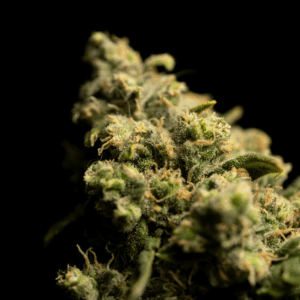
Medical Potential and Benefits of THCa
THCa shows promising therapeutic properties even without being converted to THC. Studies and anecdotal evidence suggest THCa may help with:
- Reducing inflammation
- Protecting nerve cells (neuroprotective)
- Controlling nausea and vomiting
- Reducing muscle spasms and seizures
Many users incorporate raw THCa into their routines through juicing raw cannabis leaves or using cold-pressed extracts to avoid the high and still benefit from its wellness-promoting properties. For those seeking more traditional THC effects for pain or insomnia, THCa can be heated to deliver the classic THC benefits.
Side Effects and Risks of HHC
Although HHC is generally considered to have a smoother experience, it’s not without side effects. Common ones include:
- Dry mouth
- Red eyes
- Mild dizziness or drowsiness
- Anxiety at high doses (less common than Delta 9)
Because HHC is semi-synthetic, its long-term health effects are still unknown. This makes sourcing your product from a trustworthy, lab-tested brand even more important.
Side Effects and Risks of THCa
In raw form, THCa is unlikely to cause side effects. However, once heated into THC, the usual cannabis-related side effects apply:
- Anxiety or paranoia (especially in high doses)
- Increased heart rate
- Dry mouth and eyes
- Impaired coordination
As with all cannabinoids, it’s best to start low and go slow—especially if you’re heating THCa and using it as a substitute for traditional THC.
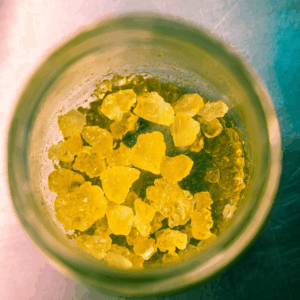
HHC vs THCa for Beginners
If you’re new to cannabinoids and looking for something gentle to start with, HHC might be a better fit. Its effects are typically milder and easier to manage. You can enjoy a subtle high without diving into the deep end.
THCa can also be beginner-friendly if consumed raw. For those not seeking any psychoactive effects but still interested in cannabis’ wellness potential, THCa is ideal. However, if you plan to heat it, be aware that THCa transforms into full-blown THC—which might be overwhelming for first-timers.
Methods of Consumption
Both HHC and THCa come in a variety of formats:
HHC Options:
- Vape carts and disposables
- Gummies and other edibles
- Tinctures
- Capsules
THCa Options:
- Raw flower (for smoking or vaping)
- Pre-rolls
- Concentrates (diamonds, crystals, live resin)
- Tinctures and juices (raw form)
To get the most out of THCa, it’s important to understand your goal. Want to stay sober but benefit from cannabinoids? Go raw. Want a strong high? Heat it up.
Product Availability and Accessibility
HHC is relatively easy to find online and in hemp-derived product shops, especially in states without adult-use cannabis laws. Brands market it as a legal THC alternative, though availability may vary by local legislation.
THCa-rich hemp plants is more niche but growing in popularity. It’s becoming easier to find in dispensaries and online, particularly in the form of high-THCa hemp flower or concentrates. Always ensure products come with lab reports to verify THCa levels and confirm compliance with legal THC limits.
Legal Status of HHC
HHC is considered federally legal if it’s derived from hemp and contains less than 0.3% Delta 9 THC. However, its semi-synthetic nature makes it a gray area in some jurisdictions. A few states have moved to ban or restrict HHC, so it’s important to check your local laws before purchasing.
Despite federal compliance, state-level interpretation can vary widely, and legality is evolving as regulators catch up with new cannabinoids.
Legal Status of THCa
Raw THCa that meets the Farm Bill’s hemp definition (i.e., under 0.3% Delta 9 THC) is federally legal. But when THCa is heated and turns into THC, things can get complicated, which may result in legal implications.
Some states treat high-THCa hemp flower as illegal because of its potential to convert into intoxicating THC. This means the product’s legality may depend more on how it’s marketed or used than its chemical composition alone.
HHC vs THCa: Which One Is Right for You?
Choosing between HHC and THCa really comes down to your goals, tolerance, and local cannabis laws. HHC is mildly psychoactive, making it ideal for those seeking a low-key high with functional focus, and it’s commonly available in formats like vapes, edibles, and tinctures.
Raw THCa, on the other hand, is non-psychoactive and federally legal, making it a solid choice for wellness-focused users who want anti-inflammatory or neuroprotective benefits without any intoxicating effects—often consumed through juicing or tinctures. Once heated, however, THCa becomes highly psychoactive, delivering classic THC effects through smoking, vaping, or edibles.
If you’re newer to cannabis or want something gentle and legally accessible, HHC might be your best bet. But if you’re interested in cannabis for therapeutic use or want a traditional high, THCa—raw or decarboxylated—offers flexibility depending on how you use it.
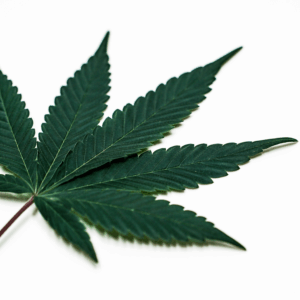
Final Thoughts
Both HHC and THCa offer distinct advantages depending on your needs. HHC is a great middle-ground synthetic cannabinoid for those who want a manageable high and broader legal access. THCa, meanwhile, shines in both raw and activated forms—offering everything from inflammation relief to full-spectrum THC highs.
As always, make sure to buy from reputable brands in the cannabis industry that provide third-party lab testing. And before trying anything new, check the laws in your state and understand how each cannabinoid interacts with your body.
Whether you’re exploring cannabis for therapeutic relief, recreational use, or somewhere in between, both HHC and THCa have something valuable to offer. The key is finding what works best for you.
HHC vs THCa: Frequently Asked Questions
1. Which is stronger THCA or HHC?
THCa itself isn’t psychoactive, but once it’s heated and converted into THC, it becomes significantly stronger than HHC. HHC is mildly psychoactive—often compared to a lighter version of Delta 9 THC—while decarboxylated THCa delivers the full-strength effects of traditional THC. So in terms of potency after activation, THCa (as THC) is stronger than HHC.
2. Why is THCA being banned?
THCa is being banned or restricted in some states due to its ability to convert into Delta 9 THC when heated. Although it’s technically legal under the 2018 Farm Bill if derived from hemp and kept under 0.3% Delta 9 THC by dry weight, many lawmakers view it as a legal loophole that allows for the sale of intoxicating products in otherwise THC-restricted markets. The bans aim to close that gap and declassify hemp as a controlled substance.
3. Does THCA get you high?
Not in its raw form. THCa is non-psychoactive until it’s decarboxylated—usually by smoking, vaping, or baking. Once heated, it converts into Delta 9 THC, which absolutely can get you high. So the answer depends entirely on how it’s consumed.
4. What is stronger than HHC?
In terms of psychoactive intensity, both Delta 9 THC and THCa (once activated) are stronger than HHC. Delta 9 binds more effectively to cannabinoid receptors, producing a more potent and longer-lasting high. Other cannabinoids like THC-O and even some forms of Delta 9 live resin may also deliver a stronger effect than HHC, depending on the formulation.




